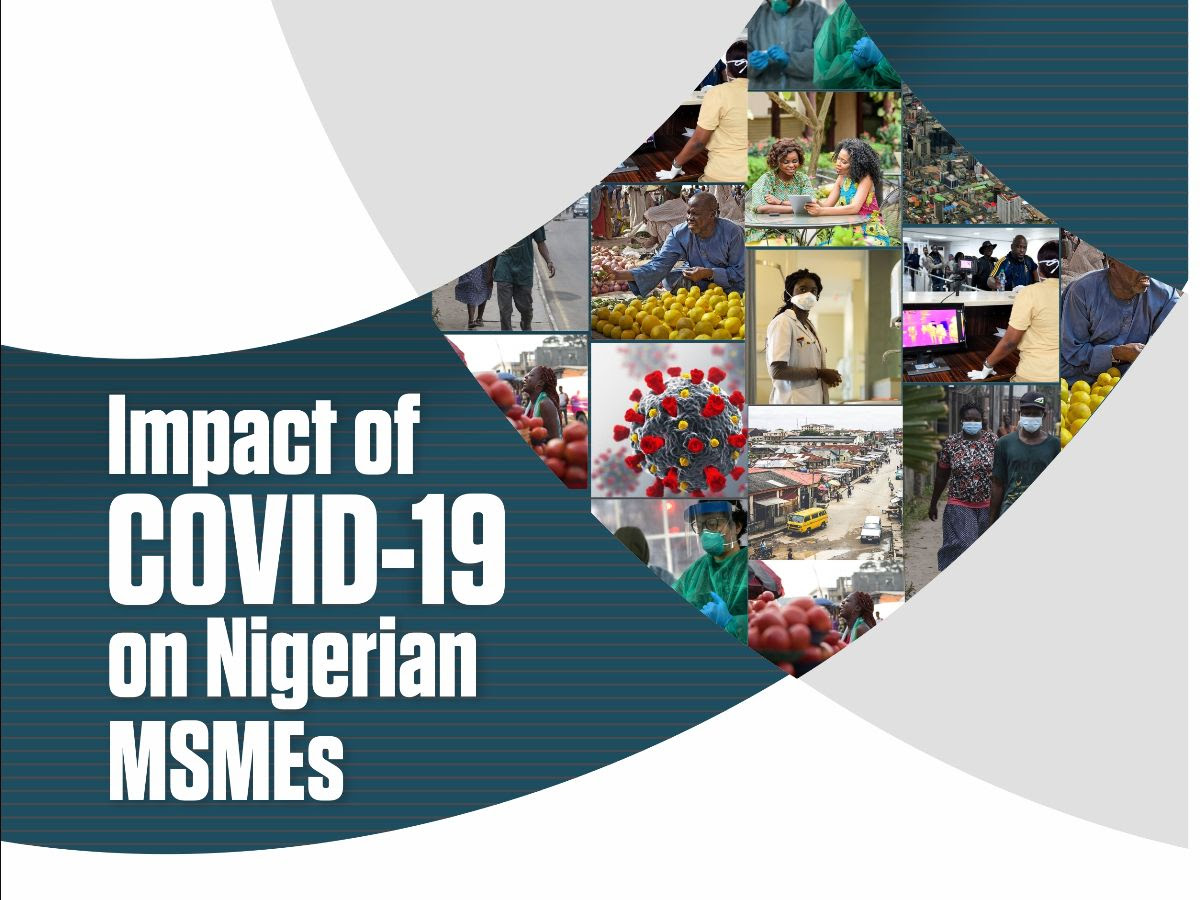To better understand the impact of COVID-19 on businesses in Nigeria, FATE Foundation in partnership with BudgIT Nigeria disseminated a survey across Nigeria and developed a report with the aim of driving ecosystem stakeholder engagement around the implementation of urgent interventions and solutions to enable businesses thrive during and post COVID-19.
Key Findings:
Overall Impact: This report which details analysis of responses from 1,943 Micro, Small and Medium Enterprises (MSMEs) across the 36 states in Nigeria including the FCT shows that an overwhelming 94.3% of businesses surveyed reported being negatively impacted by the pandemic particularly in the areas of Cashflow, Sales and Revenue.
Surviving the Pandemic: The report also shows that despite the negative impacts of the pandemic, about 47% of the respondents were positive that their businesses will survive the pandemic with about 22% being unsure and 30% reporting that their businesses will not survive the pandemic.
Cashflow Constraints: A significant number of the businesses had cashflow challenges as about 13% reported having enough cashflow to stay operational for 1 – 3 months while about 33% had enough cashflow to stay operational for only 1 – 4 weeks and about 27% for only 1 – 7 days.
Jobs: A number of jobs were also impacted as 82.8% of the businesses reported that they were likely to lay off 1 – 5 employees.
Opportunities: While almost 50% of the businesses were able to identify opportunities despite the negative impacts of the pandemic along the lines of creating new products and services, expansion and diversification etc, most businesses reported needing support with cashflow and sales, and would like support in the area of funding, access to markets and business support.
Recommendations: This report also provides key recommendations for government, enterprise support organizations, private and development sector stakeholders on policy and program design as well as implementation approach. The recommendations make the case for focusing on resilience for Nigerian MSMEs through funding and business support programs that build resilience; targeted policy interventions that enable resilience; and ensuring vulnerable segments such as micro enterprises, women entrepreneurs and young entrepreneurs.
Download a copy of the report HERE









